As dog owners, it’s easy to give our pets the basics – food, water, and shelter – but what about the vitamins and minerals they need to stay healthy? With so many pet nutrition products on the market today, it can be difficult to discern which brands and ingredients are best for your dog. To help you understand what vitamins and minerals your dog needs and why, we’ve created this list of ten foods you should give to your dog. In addition to being tasty, these ten items are loaded with vitamins that benefit their health and immune systems.
1. Eggs
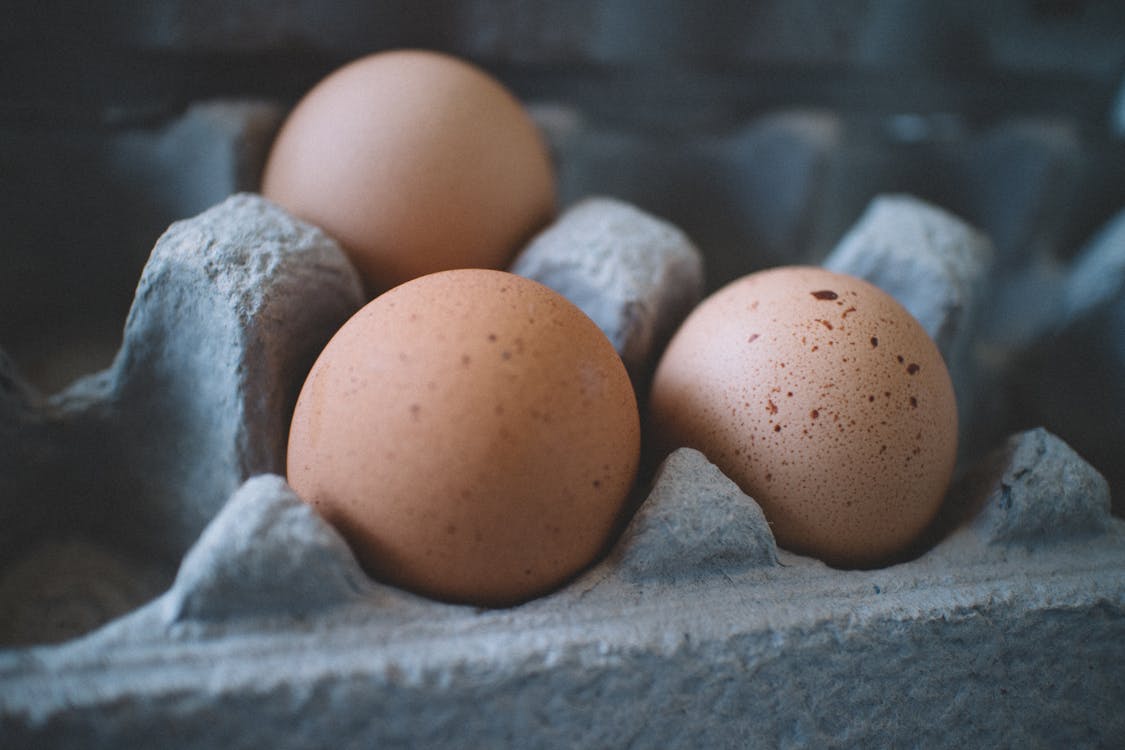
One way to get more protein in your pet’s diet is by adding eggs. Eggs are a great source of protein, taste delicious and can be easily added into any meal. Mix eggs with vegetables for a healthy breakfast, whisk them into a soup or bake them into muffins. The possibilities are endless!
2. Sweet Potatoes
Sweet potatoes are a delicious addition to your pup’s meal. They provide a good source of complex carbohydrates and fiber, which helps promote digestive health and maintain steady blood sugar levels. Sweet potatoes also contain beta-carotene, an antioxidant that helps protect cells from damage. Along with these benefits, sweet potatoes are also high in vitamin A, which is important for healthy skin and vision.
3. Broccoli
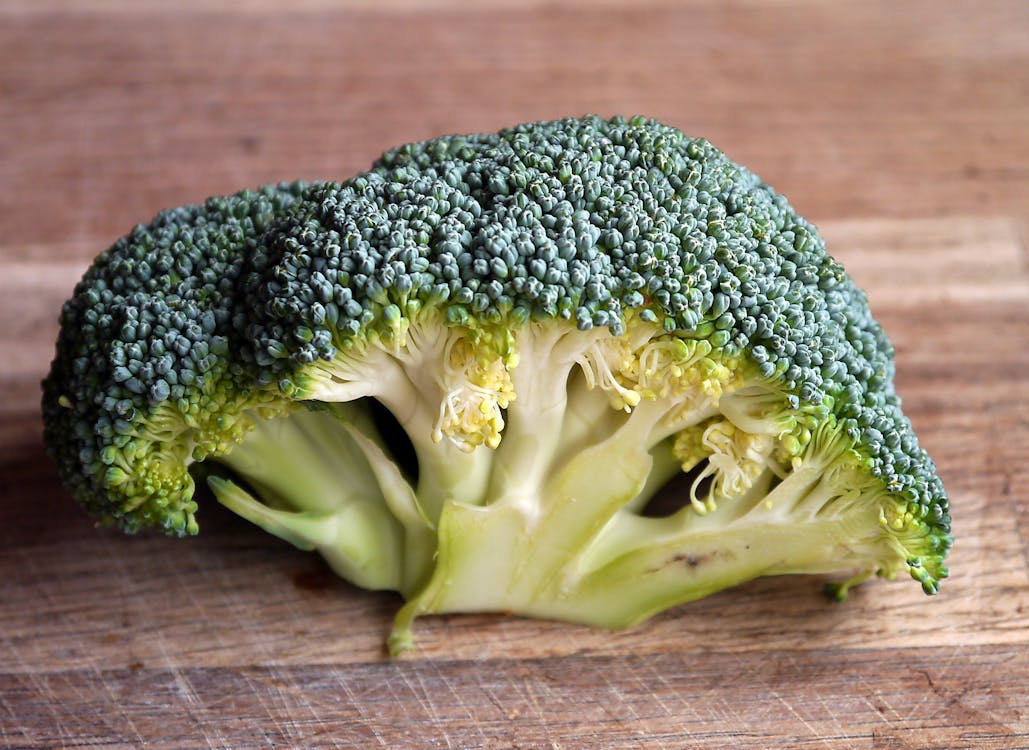
Broccoli is a great food for dogs because it is high in vitamins, minerals, antioxidants and fiber. Broccoli also contains calcium that can help prevent bone loss as well as improve bowel health. The beta carotene found in this veggie can also help protect against heart disease and cancer.
4. Blueberries
Growing up with a black labrador, I was always told that blueberries were good for dogs because they’re high in antioxidants and vitamin C. Blueberries are also rich in antioxidants and can help keep your dog’s joints healthy. Feeding blueberries to your pup is not only good for their body, but can also be good for their teeth by helping fight plaque and tartar buildup.
5. Cucumbers
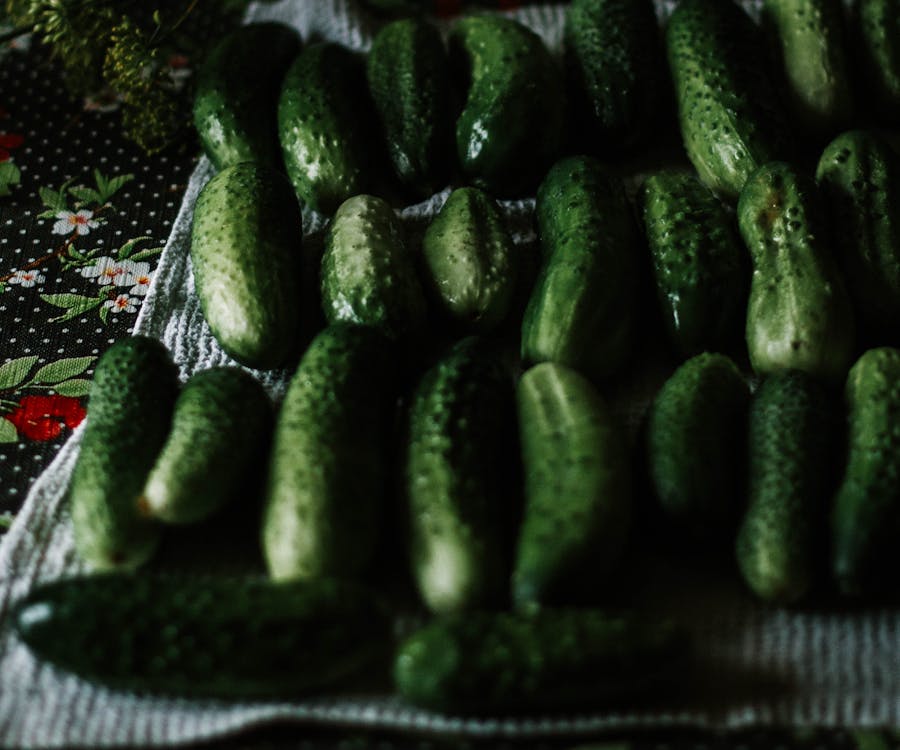
Cucumbers are a refreshing and hydrating snack for humans, but also great for dogs! They’re packed with potassium, vitamin C, and natural sugars which give them a sweet flavor. Plus, they have no fat or cholesterol. Make sure not to peel the cucumber before giving it to your pup as the skin is full of nutrients too.
6. Spinach
Spinach is a great source of both vitamins and minerals, including vitamin K, folate, manganese, magnesium, potassium and iron. It also contains antioxidants like beta-carotene and zeaxanthin that help protect the eyes from oxidative damage.
7. Peas
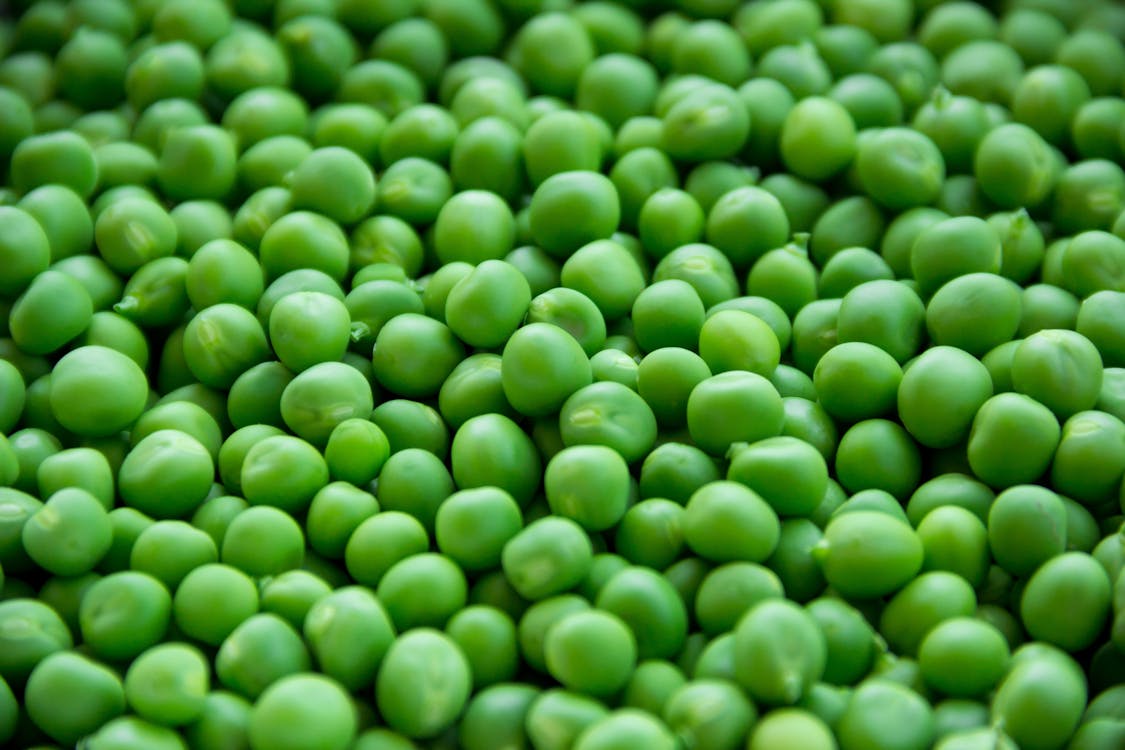
What do peas have to do with a dog? Peas are a great source of vitamin A, which is necessary for good vision and also plays an important role in the immune system. For this reason, it may be beneficial for dogs who suffer from dry eye or allergies. Peas also offer a significant amount of protein and fiber, which can help keep your pup’s digestive system running smoothly.
8. Pumpkin Seeds
Pumpkin seeds offer a great source of zinc and omega-6 fatty acids. They’re also an excellent source of protein, which can help when it comes to weight management for dogs. When it comes to their health benefits, pumpkin seeds are packed with vitamin E, manganese, iron and phosphorus. Pumpkin seed oil is a popular ingredient in many skin care products as well.
9. Liver
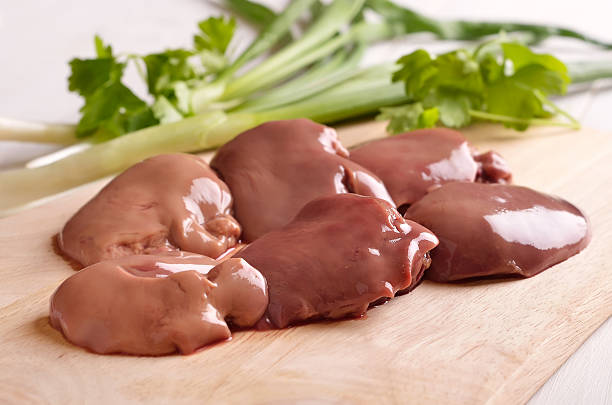
Liver is rich in iron, vitamin A, and copper. It helps maintain a healthy immune system and improves skin and coat health. Liver is also an excellent source of protein for growing puppies. Feeding liver once or twice per week is a great way to boost the nutrition value of your pup’s meals.
10. Bone Marrow
Bone marrow is a good source of protein and omega fatty acids. Omega fatty acids are great for the skin, coat, and joints. They also help with brain development in puppies, which can come in handy if your pup is just starting out on their training.

